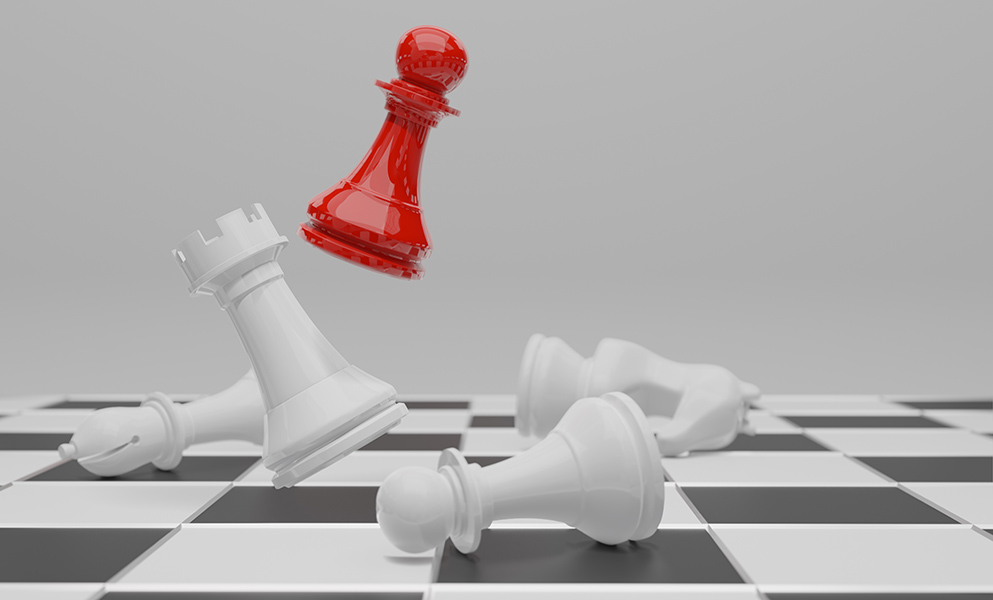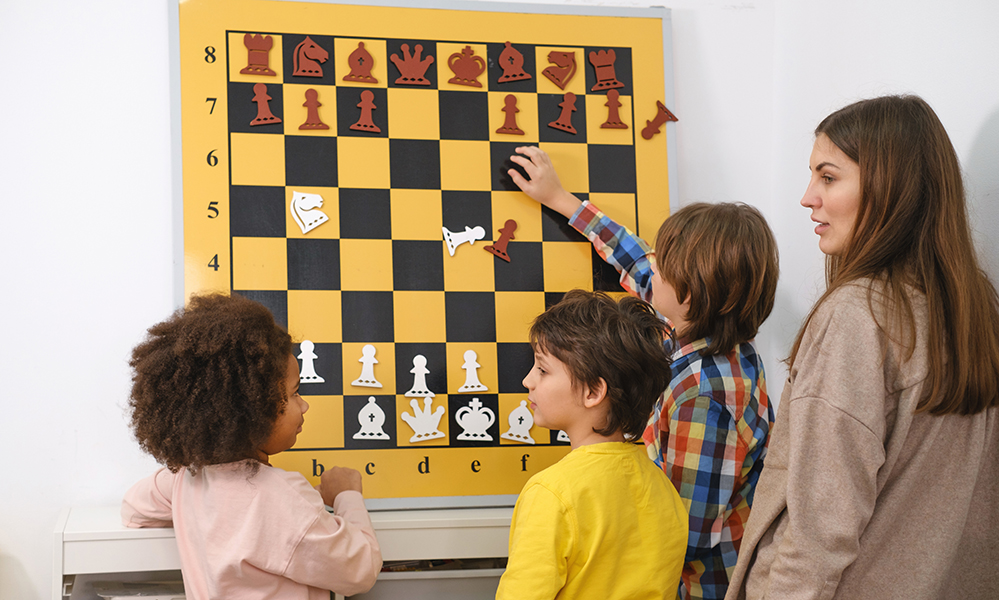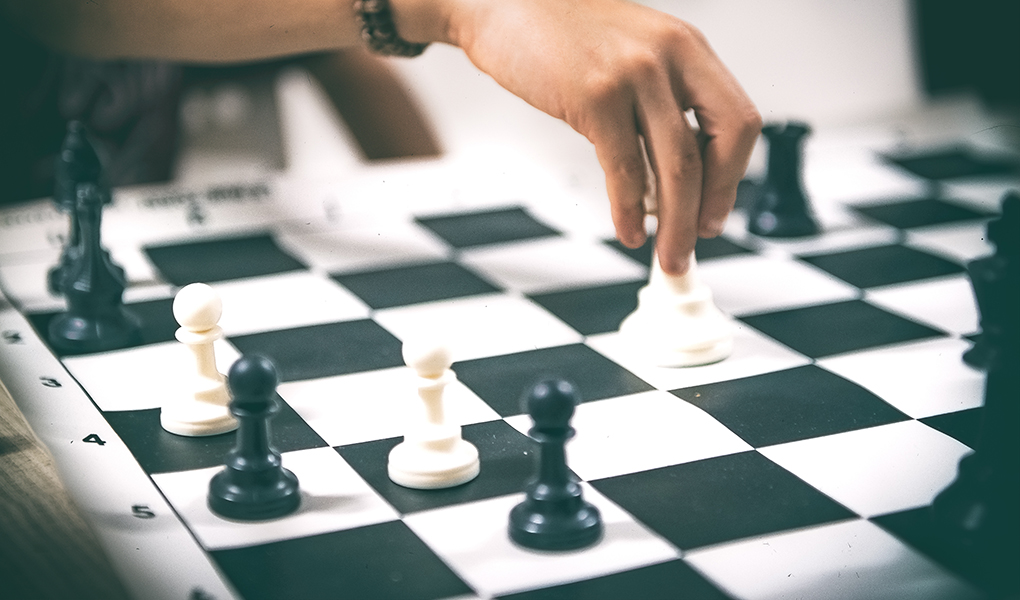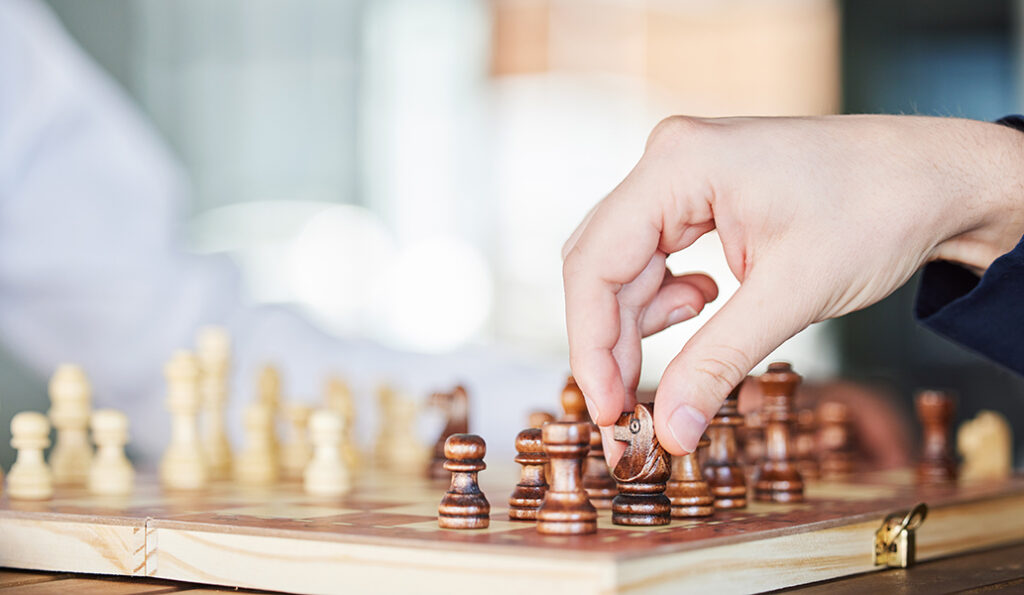Have you ever wondered why many people devote their time to playing chess? What is the secret behind the passion, commitment, and love for the game by people of different colors, cultures, and backgrounds? Recent statistics reported that about 605 million adults play chess regularly worldwide, while Chess.com recorded over 22 million members and over 10 million downloads of Android chess.com apps.
The question is, why are people so passionate and desperate to play Chess games ravenously? In this article, we’ve listed the most common 15 benefits of playing a chess game, including other important information you should know about chess games. Keep reading!
Table of Contents
ToggleHistory Of Chess Games
The history of chess can be traced back to the 6th century in ancient Indian society. Then, the early version of chess was called “chaturanga,” which represented the four divisions of the Indian military, including infantry, cavalry, elephants, and chariots. The game gained more influence and later spread to Persia, modified to what they called “Shatranj.”
By the end of the 15th century, chess had become a typical game in Europe with several modifications in terms of shapes and rules. The rules of chess today emerged in Europe and were universally accepted by the end of the 19th century. Today, chess is one of the most played games worldwide, with millions of people playing on board and online, including several international tournaments.

Here is 15 Benefits Of Playing Chess Game:
Cognitive Benefits
- Improves Solving Skills And Increases Creativity
Winning a chess game against an opponent requires players to think outside the box and develop strategies after envisioning different scenarios and outcomes. Consequently, players’ problem-solving skills and abilities improve drastically. Also, chess helps players analyze the consequences of their moves, considering both the remote and immediate implications of their actions. In that case, players can plan and foresee several possibilities for their decisions and make the best move that can guarantee their success.
- Enhances Brain Function And Boost IQ Level
Chess is a functioning game that helps players enhance their brain function. Research has proven that chess helps strengthen neural connections in the brain, improving critical thinking, analytical skills, and others. Notably, several content and comments pointed out that playing chess regularly might improve the overall IQ level of players. It has been argued that chess should be included in the school curriculum for kids and students.
- Improves Concentration And Focus
According to Bobby Fischer, “Chess demands total concentration.” A little distraction by a player can lead to failure. Therefore, players are expected to concentrate totally while playing to avoid failure. In another way, chess helps players to concentrate and focus on their day-to-day activities to get the desired results.

Education Benefits
- Teaches Planning And Foresight
Every move on the chessboard carries consequences that the player must bear. Therefore, players are expected to consider the effects of their actions while considering their immediate and long-term implications. Overall, chess challenges players to prioritize long-term planning over immediate gratification.
- Promotes Independent Decision–making
Another thing chess does is promote players’ independent decision-making ability. Whether deciding to go on an aggressive attack, a defensive maneuver, or a strategic retreat, players must be able to make personal decisions based on their intuition. Doing this enhances players’ independent decision-making and allows them to be responsible for their choices.
- Develops Research Skills
Chess, known for its strategic and tactical ways of playing, is a fertile ground for developing the research skills of players. By playing chess regularly, players gain more insights into positional play, strategic planning, and tactical motifs, enhancing their understanding of chess fundamentals and research skills.

Psychological Benefits
- Builds Confidence And Self-Esteem
Have you ever won against someone you never imagined you could beat on chess? If you have, you should understand what I mean by a sense of accomplishment, pride, and self-worth that comes from that kind of success. This psychological effect is self-dependency and trust, making you believe you can overcome your challenges.
- Teaches Patience And Discipline
Sometimes, while playing an intense chess game, your time runs low, and you’re almost losing; you find yourself in the middle of decisions. You must decide to take a risky step or patiently work out a better move. Either way, chess will teach you patience and discipline, eventually influencing your approaches to life challenges and pressure. In short, chess adds value and thoughtful consideration to players.
- Helps With Anxiety And Stress Reduction, Mental Health
When playing chess demands concentration on the board and strategic thinking. With most of your focus on the board, you temporarily push aside daily worries and anxieties. It can also be a therapeutic act that engages your brain in complex problem-solving. It is mentally stimulating and rewarding by releasing feel-good hormones like dopamine, further improving your mood and reducing stress.

Social Benefits
- Fosters Social Interaction
Chess is not just a game but also a social event that brings other players around. There is a vibrant online and offline chess community that can offer a sense of belonging and community to you and other players. These are dedicated spaces for people to gather, play chess, and socialize. Players can interact outside the game with these communities, building friendships and connections.
- Encourages Sportsmanship
The nature of chess demands respect for your opponent. Every move requires careful consideration, and a good opponent can challenge you strategically. Although winning in chess is rewarding, a true sportsman celebrates modestly. We know losing can be challenging, but chess teaches valuable lessons in handling defeat.
- Bridges Generational and Cultural Gaps
Chess is not an activity restricted by age. Children, adults, and older adults can gather around and play. Therefore, chess creates a unique space where people from different generations can find common ground through shared competition and learning. In the end, chess is a shared activity regardless of native tongue. This allows people from different cultures to connect and compete equally.
Physical Benefits
- Improves Reflexes And Hand-Eye Coordination
Chess is a fascinating game with a more challenging version, bullet chess, whereby players must make rapid decisions within seconds. This intense time pressure hones their reflexes and sharpens hand-eye coordination. With how long a chess game could take, sitting there for close to an hour will be demanding on your physique. Hence, to play chess, players must maintain posture and concentration.

Career And Professional Development
- Enhances Decision-Making Skills
Chess is all about strategy, which can also be applied to life and making monumental decisions. In chess, you don’t just react to your opponent’s moves; you plan several moves, anticipating their responses and formulating a long-term course of action. This constant evaluation trains you to assess risks and weigh potential benefits before deciding on a skill valuable in all aspects of life.
- Improves Management Skills And Cultivate Leadership Qualities
Chess is invaluable to many due to the lessons it teaches players about life. A skilled player understands the strengths and weaknesses of each piece. Just as you wouldn’t waste a queen on a minor task, a good manager allocates resources strategically, assigning them to roles that best utilize their skills and contribute to the overall objective.
Conclusion
Chess is a lifestyle game that many should try out due to its extensive benefits. These benefits range from psychological, physical, and educational to cognitive benefits. Therefore, if you are curious about chess, start right away.
[wpforms id=”2549″]




